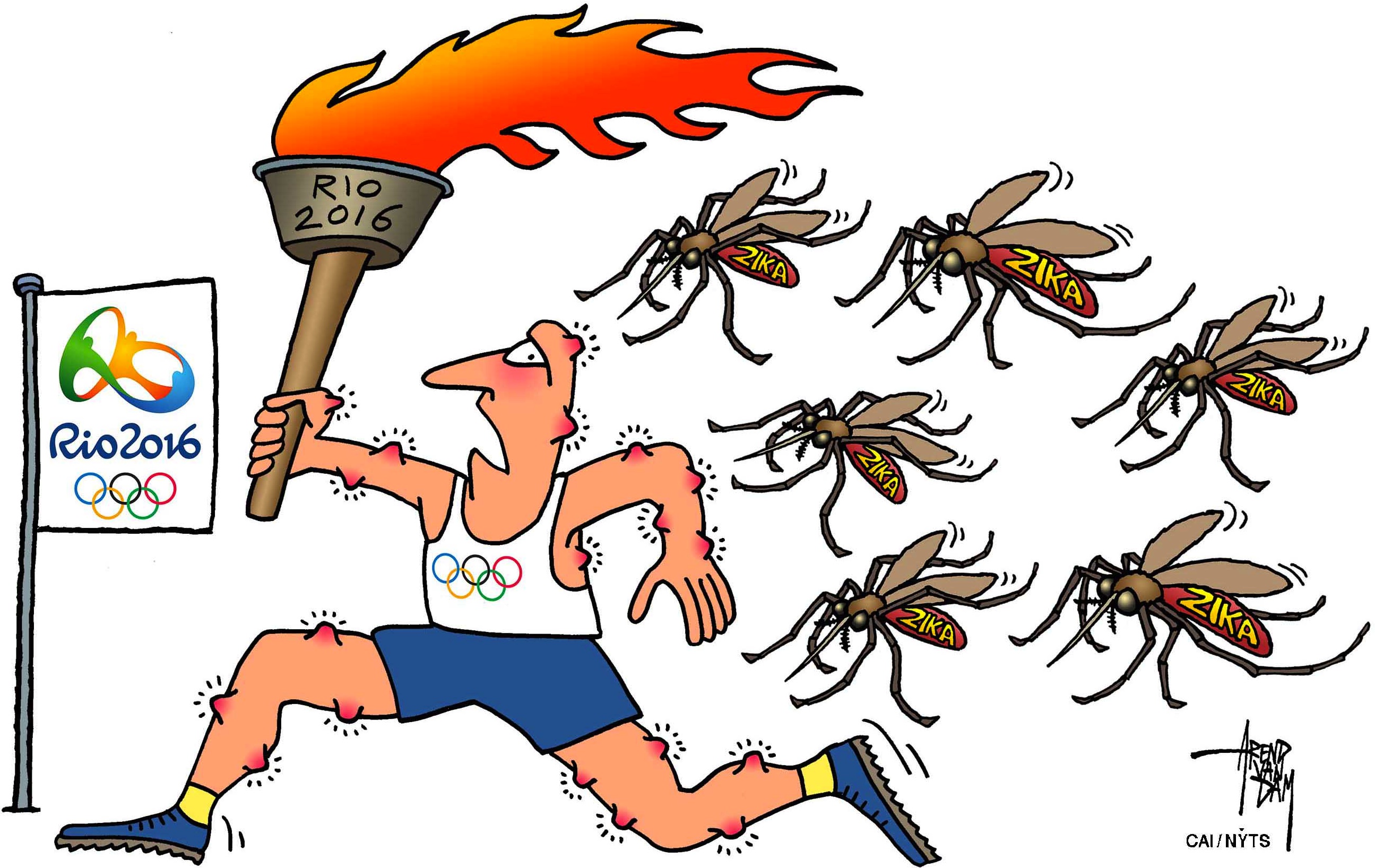When Rio de Janeiro was awarded the 2016 Olympic Games, the Zika virus had yet to reach Brazil. Now, after billions of dollars have been invested in preparing for the games, Rio de Janeiro state has the second highest number of suspected Zika virus infections. Should the games be postponed or moved elsewhere?
This is a difficult decision, and the facts are still not clear enough. That's why, last month, I joined 223 scientists, bioethicists and public health experts in signing an open letter to Margaret Chan, director-general of the World Health Organization. We are asking her to convene an independent group to advise both the WHO and the International Olympic Committee in a transparent process that would provide the evidence needed to balance public health against disruption to a great international sporting event.
The Zika virus is not new, but the strain that entered Brazil in 2013 is more dangerous than any known variant. A study published last month in the New England Journal of Medicine has confirmed that when the virus infects a pregnant woman, it can impede brain development in her fetus — a rare condition known as microcephaly. In severe cases, microcephaly is incompatible with the child ever living an independent life.


















With your current subscription plan you can comment on stories. However, before writing your first comment, please create a display name in the Profile section of your subscriber account page.